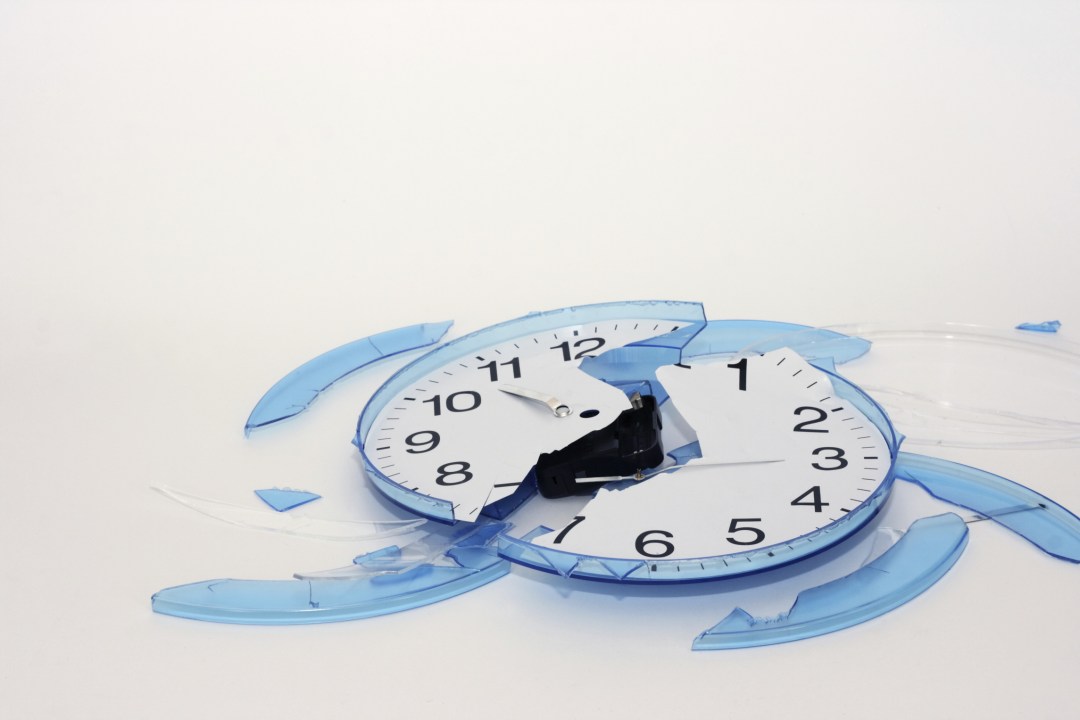Manage your energy, not your time
Oliver Burkeman invites you to try out a new work routine in this month's Work Life Lab Experiment

There’s a huge quantity of advice on time management – but when you stop to think about it, time isn’t something you can manage at all: you can’t hoard it for later, or create a bit extra when you’re facing a crunch. Instead, focus on managing your own energy, learning your daily rhythms so you do your most important work when you’re at your best, while avoiding that in-between state where you’re neither working effectively nor taking time off to recharge.
The theory
For decades, workplace culture has treated human beings like factory machines: if you want them to produce more work, just work them harder, for longer, and with fewer breaks. And it’s not just merciless bosses: we do it to ourselves, starting earlier, working later and sacrificing weekends. But in many fields, research shows, the best performers work fewer hours than mediocre ones, conserving energy so they’re more effective when they do work. Whether you’re a morning or an evening person, or if you know you’re always useless between (say) 3pm and 4pm, it’s worth consciously planning your day to slot your top priorities into your best hours, leaving lesser tasks for the down-times.
Tony Schwartz, who writes on the psychology of work, goes further: pointing to evidence indicating that few of us can maintain focus for more than 90 minutes, he suggests working in ‘sprints’ of an hour and half, interspersed with half-hour breaks to leave your desk, move around, and perhaps try a breathing exercise. (Breathe in through your nose, counting to three, then out through your mouth, counting to six. Repeat.) If 90 minutes seems too long, start smaller, then gradually build up. If possible, follow several sprints with a nap – perhaps even a ‘caffeine nap’: drink a cup of coffee, doze, and when the caffeine hits, you’ll wake both rested and wired.
Try this
It’s a sad truth that many offices are beset by ‘presenteeism’: a stigma against working shorter hours, or spending half-hours away from your desk, because it looks bad – even if it’s more effective. But go as far as you dare. Even if you think you know your daily rhythms, set a smartphone alarm to interrupt you every two hours for a day or two; each time it rings, record your energy levels on a scale of 10. Then use that information: take a moment at the start of each day to roughly sketch the ‘running order’ of your work, with crucial business scheduled during energy peaks.
Meanwhile, use the countdown timer on your phone to work in 90-minute sprints. Challenge yourself not to surf the web or check email while the timer’s on. If you’ve got an office door, close it; don’t answer calls if possible. But remember that stopping is as important as starting (and sitting all day is bad for your health): when your 90 minutes is up, get up and stretch. You’ll do better work if you take better breaks.
Oliver Burkeman is the author of The Antidote: Happiness for People Who Can’t Stand Positive Thinking (Canongate, £8.99)








